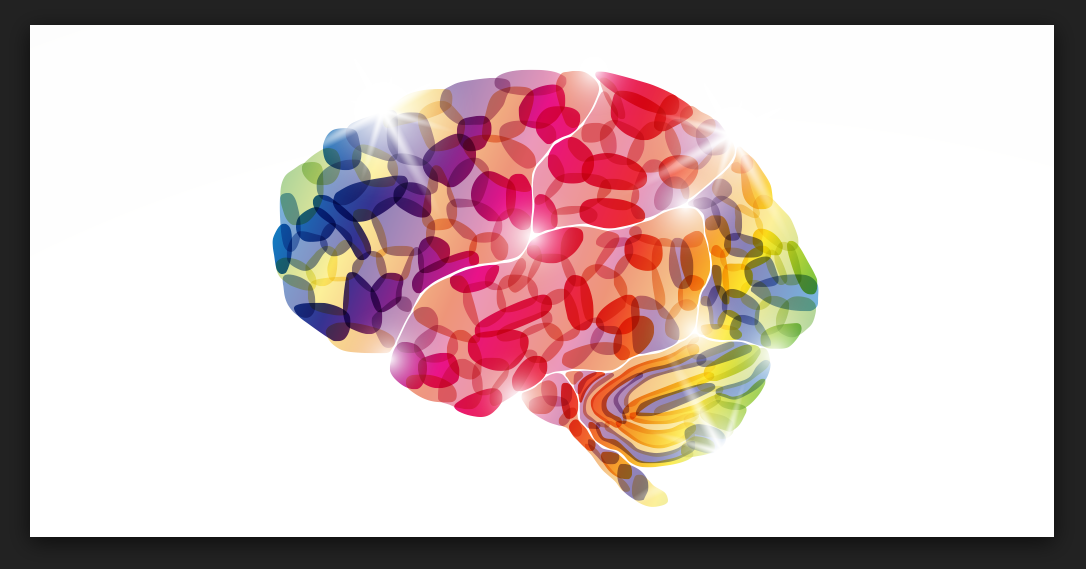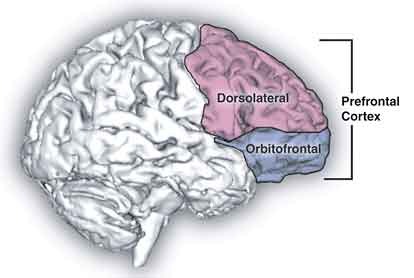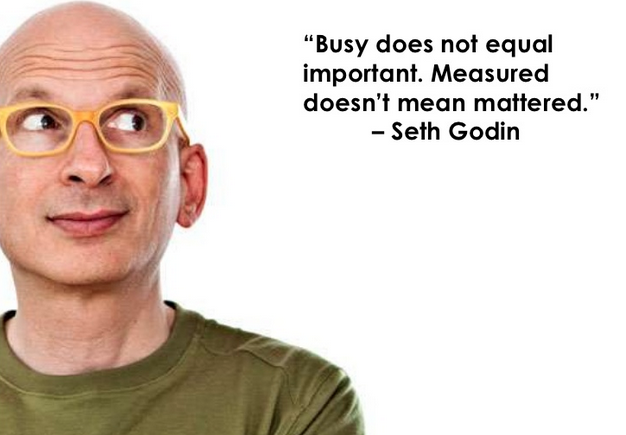How to have the right mindset for school
Love my work and want to give? Click here! To support me, please CLICK at the bottom to share. Click here to visit my official YouTube Channel & subscribe if you want! Thank you -Seth
Reading the transcript? Great! We’re currently uploading hundreds of transcripts so you can read them asap, but they are NOT all edited yet. This is a big process. If you notice anything wrong and want to help us, feel free to click this Google Form to share it. Thanks so much for pitching in! — Seth
Video transcript:
Everyone is the status of Florida, I hope you have had an awesome summer. I want to talk a little bit today about the mindset that you want to have as you begin the school years out of your middle school high school or college graduate. You want to have certain mindsets about school that are going to help you be successful in school, but not necessarily in the way that you might think for example. I do not care about leaving letter grade. Although they are a necessary evil for a lot of you so I may not be saying things in a traditional send but I’m going to really try to give you some good mind that text. As you’re approaching this school year you want to have in the back of your mind the purpose of Education? What are you doing there? What are you doing in school and purpose of education is to help you have an ought not a mediocre life not a sad life. Not a hopeless like an awesome life, of course education doesn’t always provide what you need the tools to do that part of that is your responsibility to grab the tools and get what you need out of Education have an awesome. I sometimes you get awesome teachers that are just brilliant and there’s nothing like a brilliant teach that cares about you in order to give you tools and to help you believe in yourself and to inspire you. So the purpose of education is to give you a tool kit for a toolbox or roadmap to bill in the incredible lightness of a remarkable life a life. That is authentic. That’s what you really believe not with what the system or cold shower or Society or people that you know, we’re trying to tell you you should be your do but that helps you authentically become you. So you want to always keep in mind the purpose of education education isn’t meeting that purpose. Hopefully you can do something about it advocate for yourself drop a class, whatever the case maybe try to get out of its case and what it’s supposed to be giving to always keep that in the back of your head or if you’re going to be doing things like busywork homework that really may not be valuable at all. And you really want to listen to you want to address that in the end it healthy man. So you should listen to your mind when you’re questioning things. There’s a reason for so no, we don’t always get the perfect bite for the purpose of it is for you your education is for you said that you should have a great about great again. I don’t even believe in letter grade. I literally think they’re more leeway. I think they’re all horrible way to assess and they don’t give information about what was learned about effort that was put in or about growth that was made the very arbitrary different teachers give grade based on different metrics in different things. So there’s no consistency, but we we don’t talk about this. So don’t worry too much about 3, if you want those students that always wants to get straight A’s and you put a lot of your pressure on yourself to get straight A’s I want to caution you that that pressure may not be serving you after you get into the real world another word after you get out of school and college if you go to college, there are no great in life. Okay, things are assessed and looked at in the in very different ways. Don’t worry too much about right now again grades are a necessary evil. If you have Graves at your school. Then there’s something you have to get certain Greg, but what you really want to get out of Education. Educational experience experiences that help you grow that help your life that helps your social life your emotional life that inspire you you want to get knowledge and learning in education. You don’t want to just shoot for great. That’s ridiculous. And that’s not what it’s about to say that making goals and fat or anything like that. But I want you to think critically about what the grades actually mean. And make her goals very much about your experience. Next thing about mindset is about testing for standardized testing State Testing in Colorado. We have TCAP used to called please that same crap sat act GRE whatever testing you’re doing. Somehow somewhere somebody thought about standardized tests. They all wouldn’t it be a great way to assess people it gives you a very small snapshot of what’s going on and give you details there’s a lot of flaws that the test. I don’t believe in him personally again there a necessary evil what I want your attitude to be your mindset about the test. I don’t stress out about test. I don’t want you to stress out. It’s not for anybody but you I mean the education is for you. Okay. So what I want you to do is go in there and if you have to take a test for you have to take the ACT for college application or things like that. Just knowing your mind that it’s not that important there a high-stakes testing because people put there’s a lot of pressure around it people use these tests to make decisions about some things about you sometimes about a school or a teacher but these are not effective. Play everybody knows of these are not effective ways to make the decisions that were making on them. So I’m in your mind. I want you to relax about it. Do your back get an awesome breakfast that has brain food in it a good night sleep and take the test and do your past but you have to be to relax mind think I’m more nervous are the washer going to do. Do your best and let it go? Okay, these way too much pressure is put on testing. This is about your life and again creating an awesome life. So how important is it? Some people think is really important. I am not convinced your education is for your future so that you can self-actualize if you think about Maslow’s hierarchy of needs to that. You can have a guy the best life possible like I thought so this education is for your future. Also, I want to mention is that the education is for your present? If you’re not happy in the present and you have 7 million activities and you’re doing homework all the time, you’re stressed out all the time, or you’re not doing homework all the time. And you said that in your presence life is not how you think your future is going to be happy. I want you to have fun be in the present now and enjoy life now why preparing to be able to have an awesome future pay so both of those are very important. There’s no sense in losing out on enjoying your life in this. Of time. For example, some college students will want to cram tons of hours so that they can graduate faster because they lose their life. In the meantime, they’re studying so much. They’re working so hard lot of times. I have a job to and they’re not living it and they think that at that have it’s going to change after they graduate. Want to graduate sooner really think about how good is your present and what can you do to make your present better build for the future now, I’ll get to this one in a moment. But first I want to talk about this in terms of mindset. What is success? So we’re looking at the purpose of Education that they have a great life and we’re looking to have a great future and have a good present. In the meantime. What is success. Is it good grades getting good scores on tests, very confused about this. We think that these are metrics that will tell you how successful you’re going to be in life. Is that how much money is it? How many friends on Facebook you have? I think you know, the answer always question is not accept is happiness and well-being. If you’re taking care of yourself, if you are happy, if you have a great relationships in a good support network in your life, these type of things are what success is about now. I’m going to tell you about my model your life. Okay, the model that I’ve come up with this little red section here represents to accept it really represents again. Happiness and well-being this area happier and more well-being. You have a that’s what I consider success. Now. How does the student or human being or you have as much that’s another word that fast life possible. How do you have the Best Buy Taco Bell to me? There are four components of social emotional cognitive and physical components your life going to start with the physical because it’s the most concrete part of your life are the questions. You want to ask yourself about your physical body. Are you getting restful sleep? Are you eating nutritious food that nourishes your body? and are you getting adequate Fitness in exercise and movement? Wheat Futures next that’s all that’s the physical body. So in order to have well-being you want your body to be as healthy as you can possibly happen that it’s always challenging The Balancing Act on our culture still has so much food that so unhealthy and it’s hard to even find sometimes really healthy stuff at that. That’s what you want to be looking at this circle and healthier and more well-being as Miss Circle the better all of them are because each of the circles affect each other. I’m going to move on from physical to emotional How well are you able to regulate your emotions? Another word when you get stressed when you get overwhelmed when you get anxious when you get angry when you get frustrated when you get whatever the emotion is. Are you able to regulate it, or is it controlling you? Learning to regulate emotions were not really hot to do that. This is something you can learn and many many ways. Do you need a therapist? Do you need something to help you work with regulating emotion so that you can feel Happy late and feel good, Okay, so if you want your physical body be happy and well want Wellness here one emotional health and emotional wellness, and now we’re going to move on to the next which is social relationship. Do you know how to set boundaries? You know how to say no to people. Do you know how to have healthy arguments with people where you’re actually able to make Headway and come to some common ground and get some resolution. Do you have great friendships? You have a good relationship with your family healthy relationships that are fun and nourishing. So at the social at editas of Community, are you involved in your community whether the school Community or the larger Community or the world Community like you feel like you belong in your family to feel like you belong in your school or in your circles with friends to feel like you belong in the world. If not, that’s something you can do something about you need to do something about it because that’s the one of the areas that’s going to help you be happier and have success in life. If you have an awesome social network on Facebook or Twitter, and if you don’t get rid of it Depressed and learn about who you are. So you make that next cognitive. Physical emotional social and cognitive that your academic that’s your mental that your metacognitive. Do you understand your learning style to know if your left or right brain or auditory visual kinesthetic learner. Do you know what your Myers-Briggs profile is or any of these things? Metacognition has to do with do you know how you learn how you process how your brain works? Okay. If you don’t you need to learn that stuff and you need to have a pro to the school that match your break because a lot of times as soon as I work with have very quirky interesting different brain and school is not match to their bring the school, unfortunately because a lot of things to handle people who are outside the box full tend to be very Inside the Box cookie cutters that we think is going to somehow magically give everybody what they mean. It doesn’t know what have what physical like emotional life you’re socializing your cognitive life better. You are able to nurse each of those that have here in the morning and that mindset Really keeping in mind the purpose of education and are these things being met? That’s what you want to be looking at with education. And if your education in school is not moving those needs then there’s education outside of school. Learning reading book learning from people watching videos, whatever you need having experiences whatever you need to do for your education education isn’t always in school. Okay with that. I’m going to wrap this video off. Hotel is helpful to you and drive your mindset if you like what I’m doing. If you like to sit here in this is helpful. Please share it with somebody you care about and I hope you have an awesome school year, and I will see you soon. Take care.









